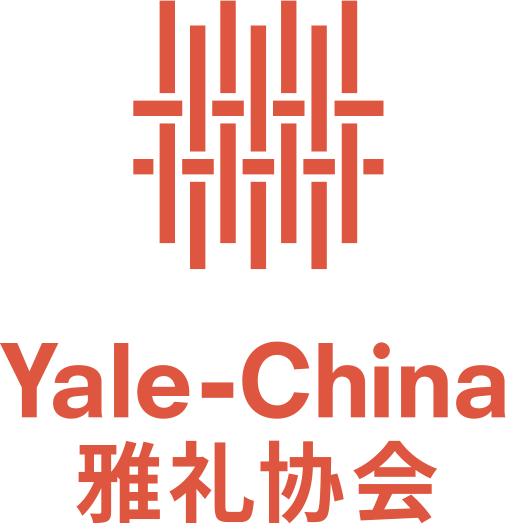Addressing cognitive delay in children ages 0-3
By HUANG Ruixue & YANG Lifen
Magic Lotus Lantern
A randomized controlled trial for early childhood cognitive development
This 2020-2021 Chia Community Health Service project led by 2016 Chia Fellows HUANG Ruixue (associate professor, Xiangya School of Public Health) and YANG Lifen (supervisor nurse, Huayuan County People’s Hospital) suggests a strategy for addressing cognitive delay in children aged 0-3.
The first three years of a child’s life are critical. More than 80% of a child’s brain is formed during their first three years.
Due to a lack of early exposure to languages and other stimuli, a study conducted in rural Shaanxi found nearly half of toddlers tested are cognitively delayed.
Background
Early childhood, from birth to five years, is marked by one of the most critical and intensive period of brain development throughout the human lifespan. Healthy brain development during this period facilitates cognitive development and lays the foundation for future cognitive and academic accomplishments. Currently, nearly one-third of all children under 5-year-old in China are left behind in the rural area. As of 2010, there were approximately 61 million left-behind children in China. Half of rural toddlers aged 0-3 years in some China's rural region are cognitively delayed. Thus, an effective strategy for childhood cognitive development is to increase the early exposure to multi-stimuli, in particular, languages stimuli.
Aims
The aim of our project is to adapt and evaluate an evidence-based and culturally-tailored “The Magic Lotus Lantern” program to improve and facilitate early childhood development in rural Central South China. The ultimate goal is to disseminate the “The Magic Lotus Lantern” program to all rural primary care settings and improve rural left-behind child cognitive delayed in mainland China.
Main activities (2020)
The main activities are as follows, Phase I for a pilot study and Phase II for the randomized controlled trial (RCT). In the pilot study, we will first train village physicians with theories of best practice including resources and evidence about the benefits of early reading. After the pilot study, a RCT will be conducted to examine the efficacy of “The Magic Lotus Lantern” compared with usual health care at 6- and 12- month follow up in Hunan Province. In brief, in the “The Magic Lotus Lantern” program, during visiting the families are given free books selected based on the developmental age of child provided by trained village clinicians in primary local care settings and 6 monthly telephone-based follow-up consultations in rural China.
Outcomes
The analysis plan focuses on comparisons between the “The Magic Lotus Lantern” program and the control group with respect to primary outcomes and key intermediate variables. The comparisons take the form of 1) differences of average values of change from baseline to follow-up measures using the cognitive scales, and 2) an existing decision-tree model in Excel (GeDi ForCE, Gestational Diabetes Formulas for Cost-Effectiveness) to conduct the cost-effectiveness analysis.
Implications
Policy implications will be made to improve cognitive delayed in rural area child in China.
Chia Fellows
HUANG Ruixue, 2016 Xiangya Chia fellow; Associate Professor, Xiangya School of Public Health, CSU
YANG Lifen, 2016 Western Hunan Chia fellow; Supervisor nurse, Huayuan County People's Hospital
